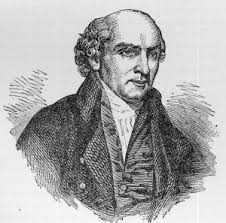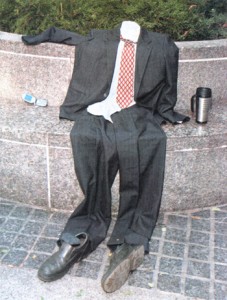Supporters of traditional marriage often fear the free speech ramifications that could emerge as as result of increasing support for gay marriage in the United States. But are these worries really legitimate?
In an interview with CBN’s David Brody, Texas Sen. Ted Cruz, a Republican, joined in this chorus, warning that the push in favor of same-sex unions could, indeed, put First Amendment protections at risk.
“If you look at other nations that have gone down the road towards gay marriage, that’s the next step of where it gets enforced,” he said of hate speech regulations that are in place in other countries.
“It gets enforced against Christian pastors who decline to perform gay marriages, who speak out and preach biblical truths on marriage and that has been defined elsewhere as hate speech — as inconsistent with the enlightened view of government,” Cruz added.
Watch these comments, below:
Some pro-gay marriage advocates in the U.S., the senator believes, want the nation to end up with the same ramifications on the books — and in a paradigm in which individuals can be punished or denigrated for refusing to substantiate or for speaking out against same-sex unions.
Some might scoff at these insinuations, dismissing them as over-the-top, but Cruz is not necessarily manufacturing a paradigm. Consider the widely publicized case in Sweden back in 2005 surroundingAake Green, a Pentecostal pastor.
Green’s plight corroborates the worries that Cruz has surrounding America’s current trajectory. In 2003, the preacher likened homosexuality to cancer during one of his sermons. As a result, he was brought up on charges over these claims — statements that, in America, would currently be protected by the First Amendment.
The BBC has more about the case (in the end, Green won his appeal, although he was initially given 30 days in jail over his anti-gay comments):
Mr Green was convicted in June 2004 but allowed to remain free pending appeal.
He was the first clergyman convicted under Swedish laws that make incitement to hatred against racial, religious or national groups illegal – legislation that was amended in 2003 to include homosexuals.

Other incidents have unfolded, too, as the delicate balance between free speech and cutting down on hate speech has been sought.
Now, some might argue that Green’s words were too harsh, but one wonders if even simpler, kinder words that stand opposed to homosexuality would be met with similar sentiment in his country.
While it’s certainly permissible to disagree with Cruz’s assessment, the basis on which he argues is not entirely unfounded.
(H/T: CBN/The Brody File)











